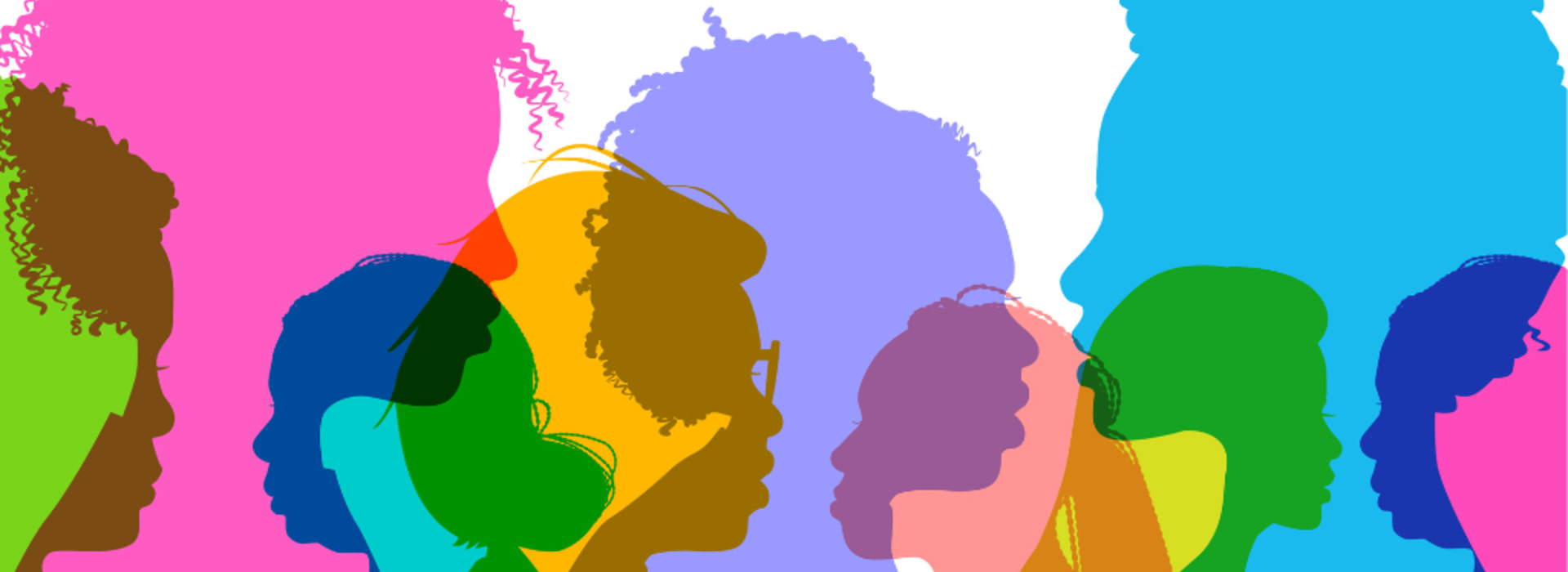
U of M Medical School and Ramsey County report shows promise of collaborative efforts to (re)imagine justice for youth
MINNEAPOLIS/ST. PAUL (04/27/2023) — In collaboration with the University of Minnesota Medical School and Ramsey County, an initial evaluation report on (Re)Imagining Justice for Youth was released today. The report—compiled by U of M researchers, the Ramsey County Attorney’s Office and community and system leaders—revealed several promising findings despite limited initial implementation.
The report notes that a greater proportion of youth who had previously been referred to the legal system, or who were Black, Indigenous and between the ages of 10 and 14 were able to successfully resolve their cases with community-based providers of restorative justice and case management services rather than in the legal system.
Additionally, 81% of cases resolved in community engaged the youth’s family in their accountability. Community accountability resulted in fewer months of legal system involvement and the creation of spaces where youth are able to address their behavior, grow and heal.
“Traditional juvenile justice legal system responses are not meeting the needs of our community,” said Kara Beckman, senior evaluator for the Healthy Youth Development-Prevention Research Center at the U of M Medical School. “Creating opportunities for restorative and community-led responses within the legal system will help youth learn and grow, better address underlying causes by connecting youth with resources to help them succeed in life and prevent harm from recurring, thus better advancing safety and wellness in our community.”
Beckman and her team have worked with the Ramsey County Attorney’s Office and the (Re)Imagining Justice for Youth leadership team since 2020 to better understand the outcomes of prior legal system approaches, young people’s (ages 10 to 17) experience in the legal system and factors that affected likelihood of youth ending up with a felony charge as an adult.
“While this is a continual work in progress, we are excited by the early findings; we remain committed to sharing power with our most impacted communities in co-designing and (re)imagining justice for youth, in decision-making through a collaborative review process, and in responding to harmful behavior through community-based accountability that better serves victims, youth, and their families,” said Ramsey County Attorney John Choi.
“I’m excited to see this work evolve,” Beckman said. “If we can continue to implement a more collaborative, restorative approach to responding to youth referred to the legal system, we will hopefully be able to help to repair harm, reduce racial disparities and guide youth through restorative responses leading to improved health and well-being for our youth and community.”
The full report can be found on the Ramsey County website. To learn more about more work the Healthy Youth Development-Prevention Research Center is doing in Restorative Practices in Education and Community, visit this website.
###
About the University of Minnesota Medical School
The University of Minnesota Medical School is at the forefront of learning and discovery, transforming medical care and educating the next generation of physicians. Our graduates and faculty produce high-impact biomedical research and advance the practice of medicine. We acknowledge that the U of M Medical School, both the Twin Cities campus and Duluth campus, is located on traditional, ancestral, and contemporary lands of the Dakota and the Ojibwe, and scores of other Indigenous people, and we affirm our commitment to tribal communities and their sovereignty as we seek to improve and strengthen our relations with tribal nations. For more information about the U of M Medical School, please visit med.umn.edu.
For media requests for Kara Beckman, please contact:
Ezra Xiong
Communications Specialist
University of Minnesota Medical School
xion1913@umn.edu
For media requests for John Choi, please contact:
Dennis Gerhardstein
651-266-3074 (o) 651-600-1830 (c)